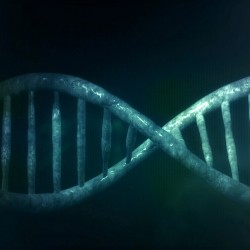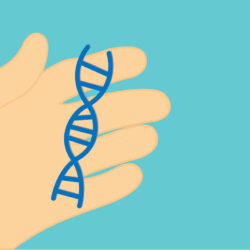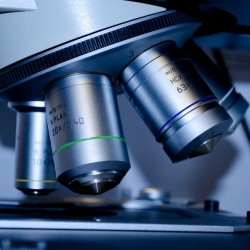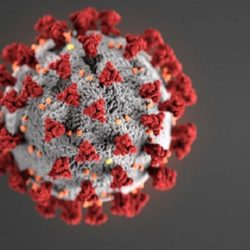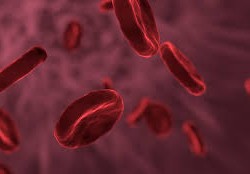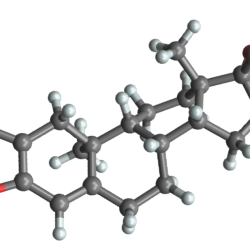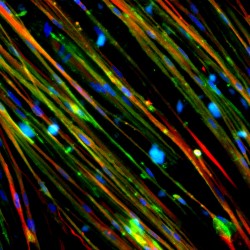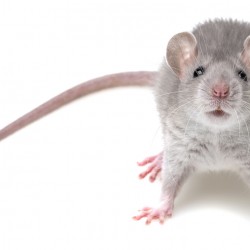Gene therapy study starts for bone marrow failure in dyskeratosis congenita (DC)
Dr Kasiani Myers, from Cincinnati has treated the first patient with DC-related bone marrow failure, with an experimental new gene therapy (EXG34217). The trial is in its very early, safety testing stages but we hope that the treatment will help treat bone marrow failure. The trial is open to adults (18 or older) with DC[…]

